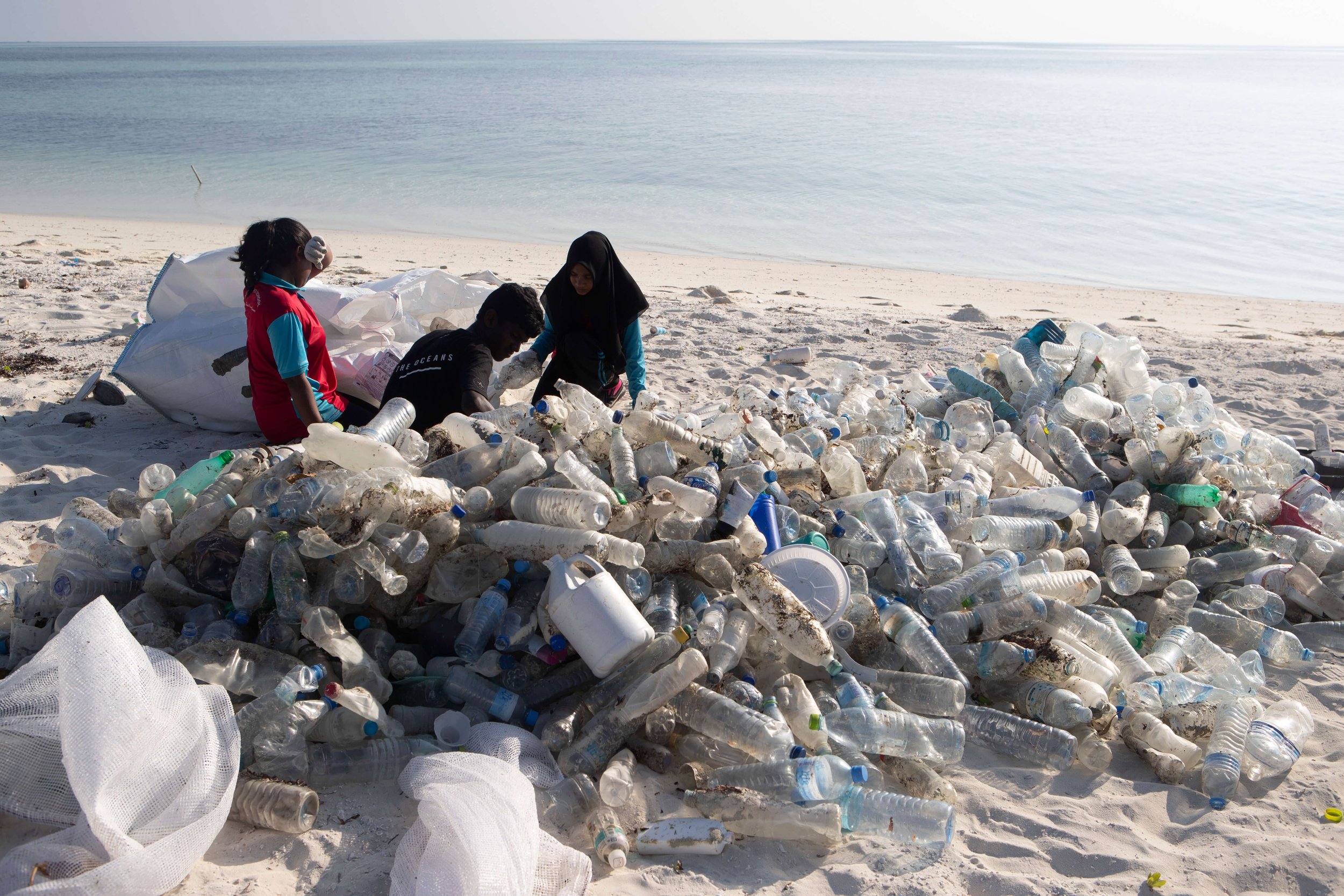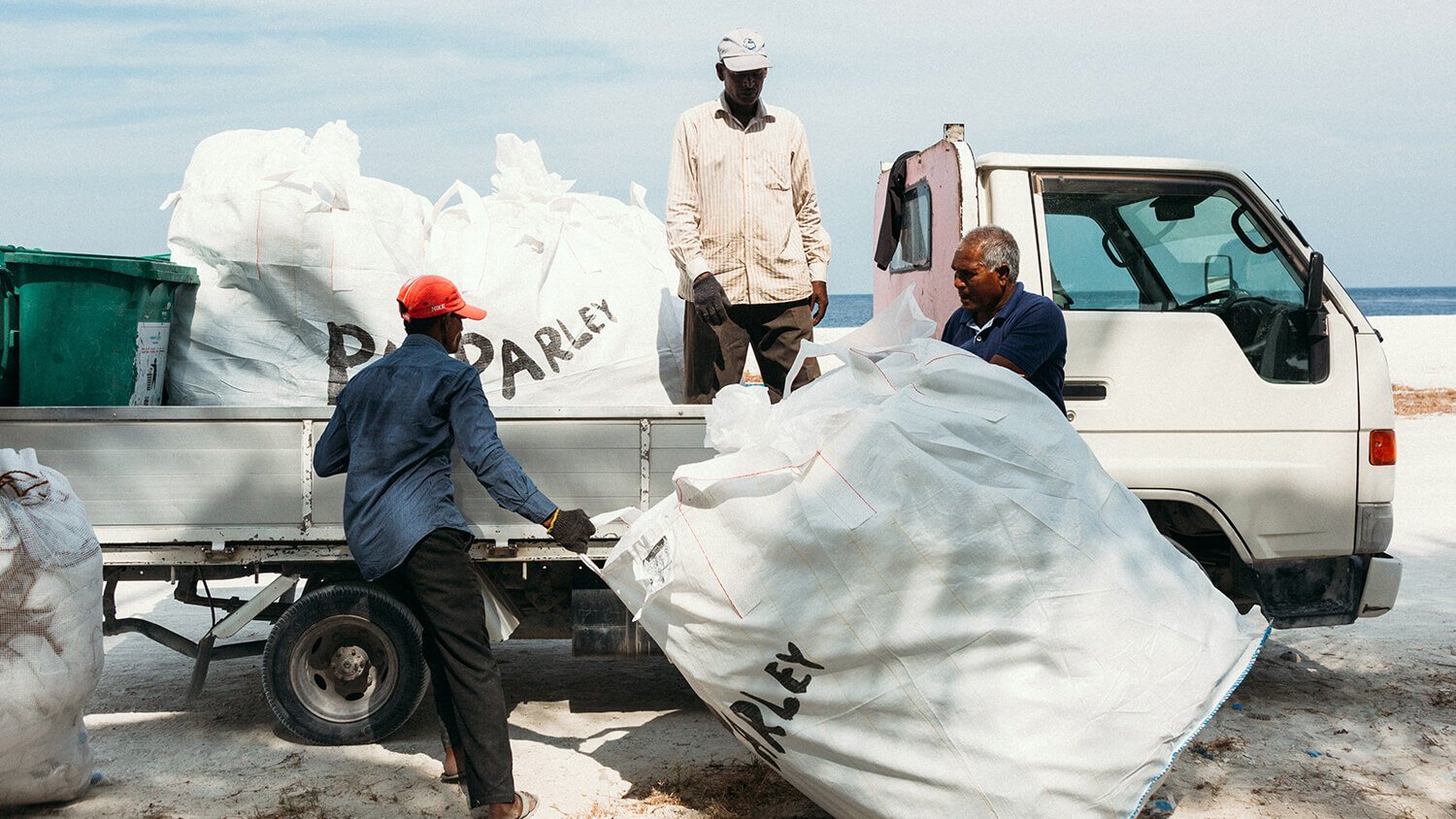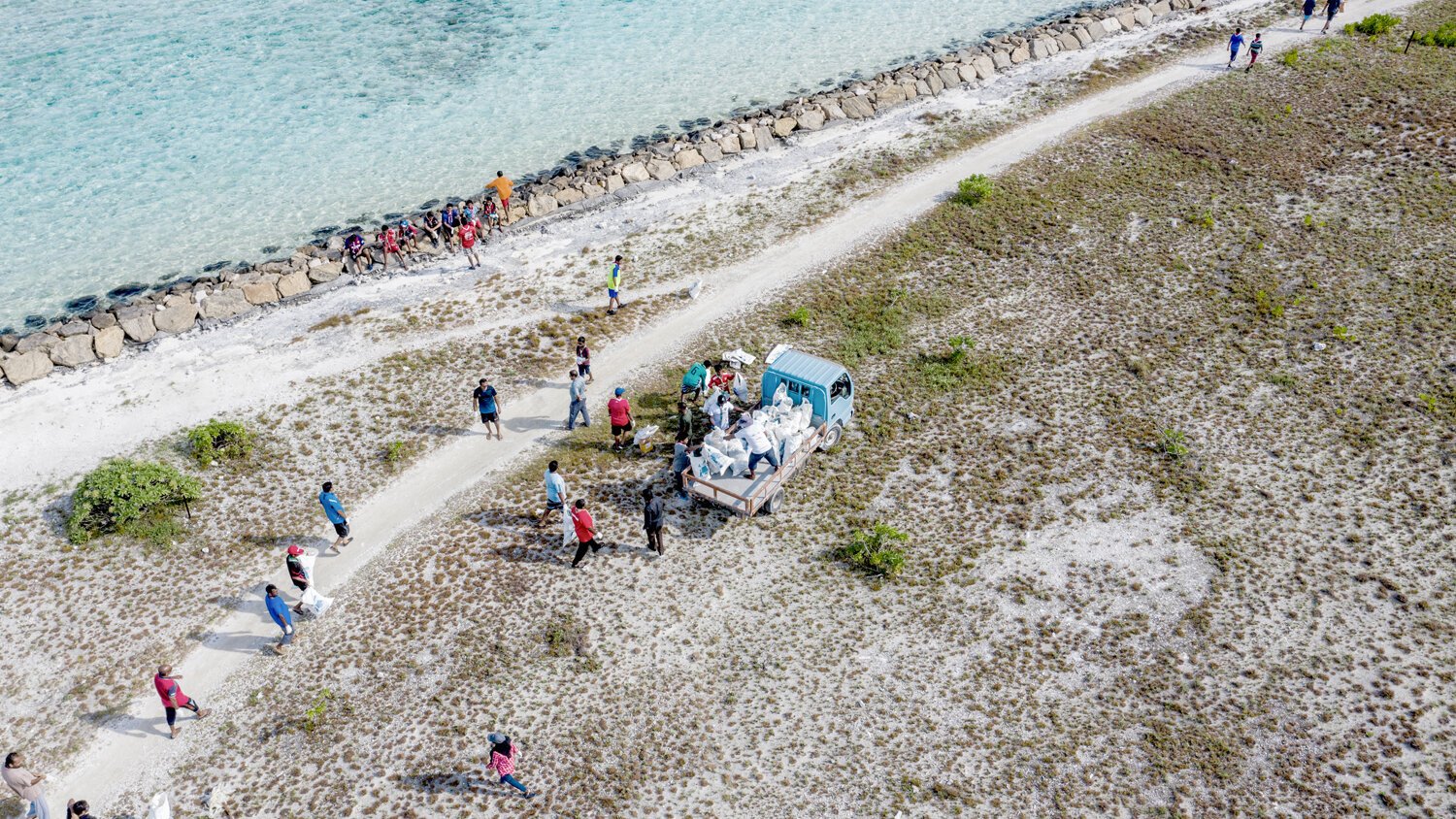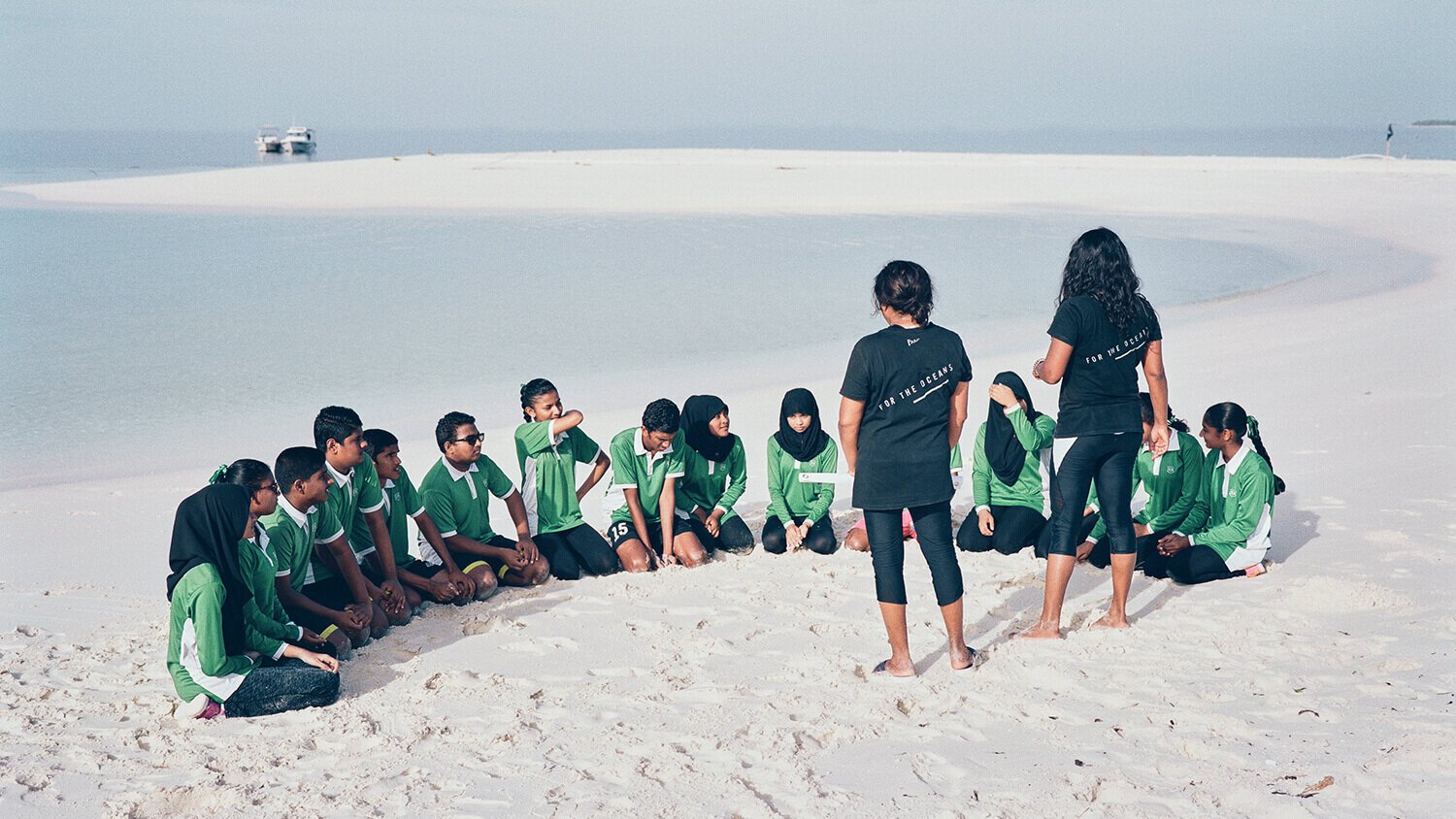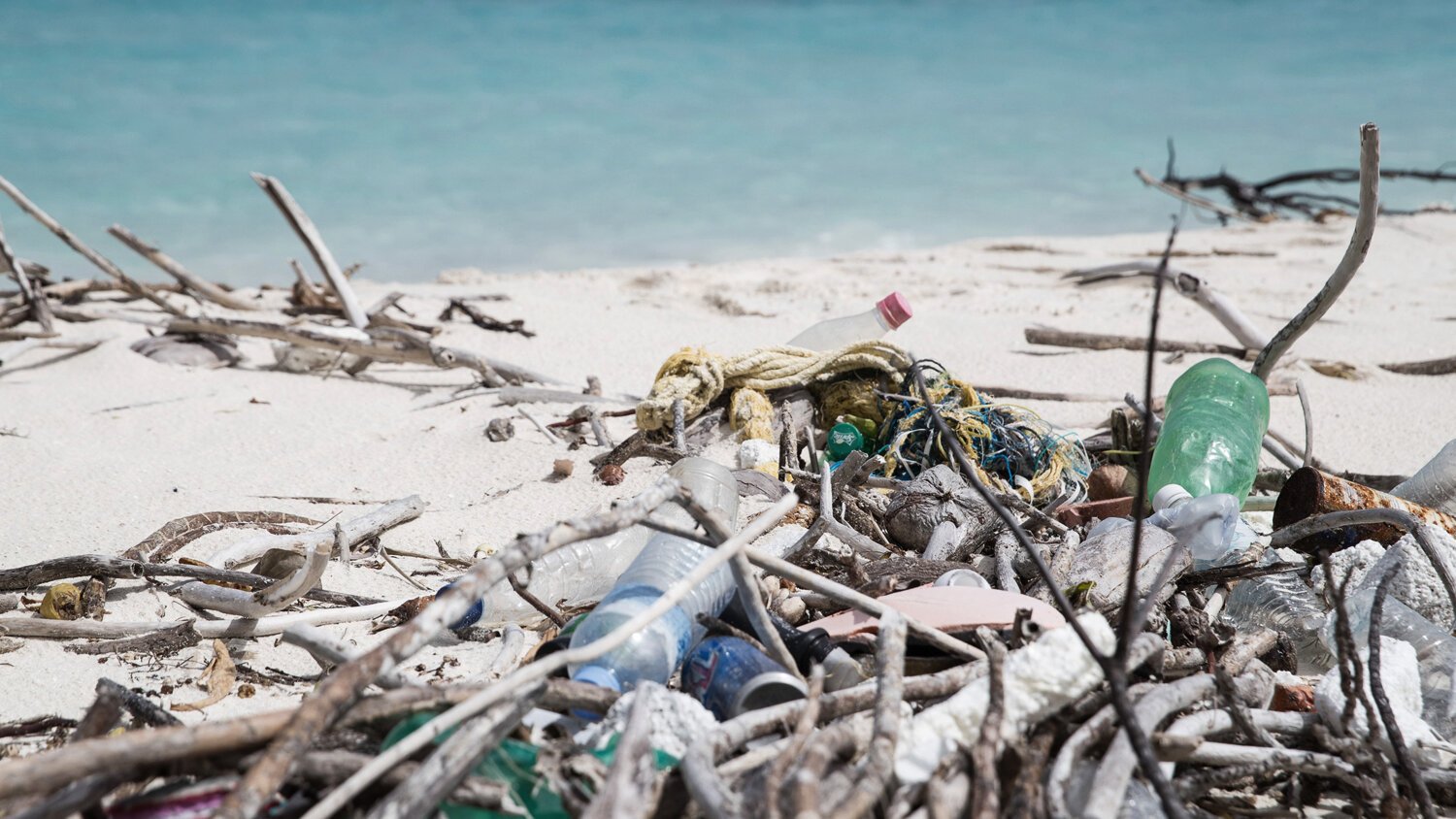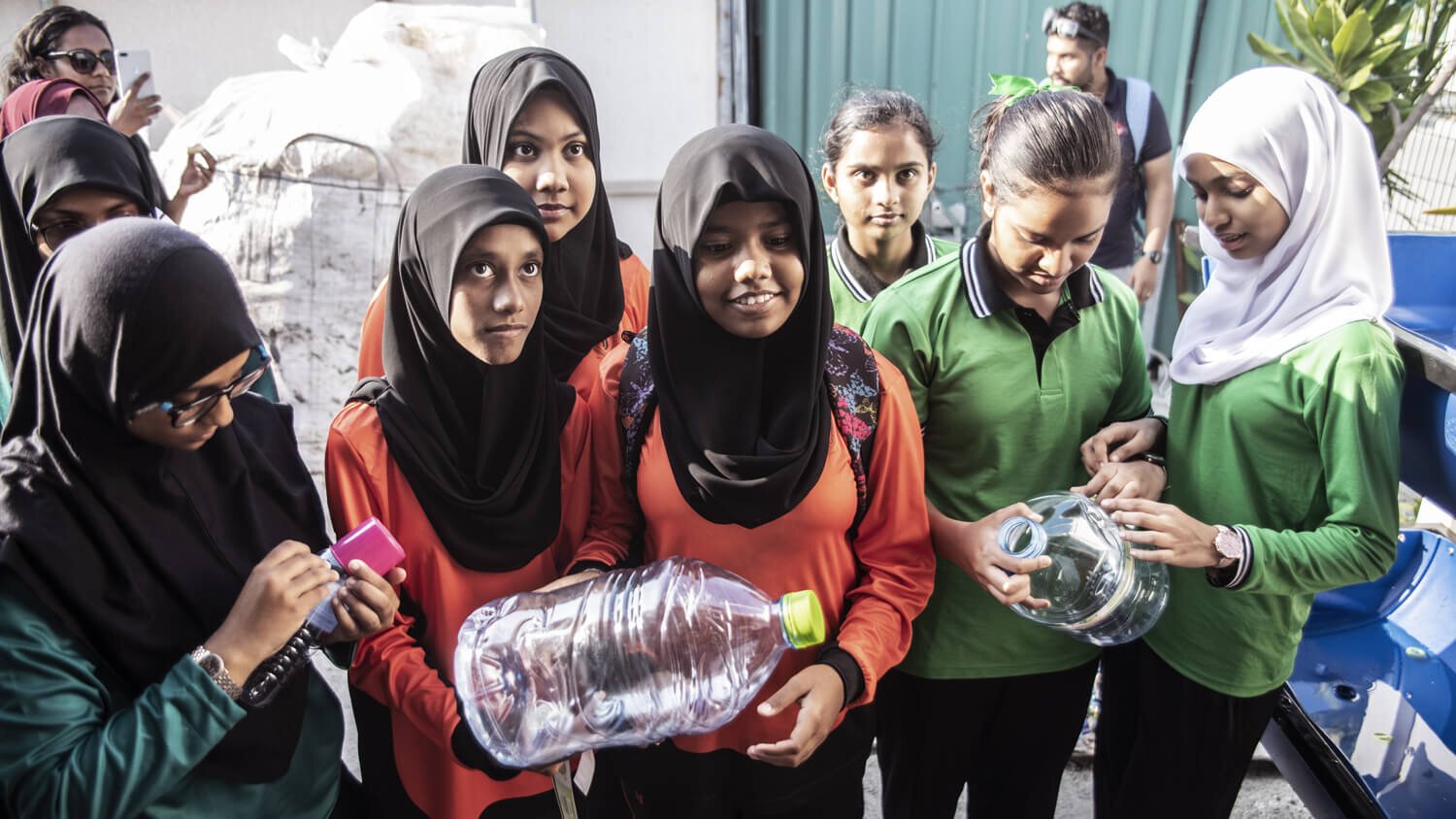The World Bank
Eight nations adopt the Parley AIR Strategy to fight plastic pollution reaching rivers and seas across South Asia as part of our program with the world bank
Plastic pollution is a complicated issue — and a global one. It affects everyone, but not everyone equally. Solving this threat will take unprecedented levels of multidisciplinary, cross-industry, international collaboration.
At our “Oceans. Climate. Life” event held at the United Nations in New York in 2015, Parley presented a strategy and vision to end marine plastic pollution: Parley AIR: Avoid, Intercept, Redesign. By implementing the strategy and growing our network across the public and private sectors, we have built a framework and several notable success stories that demonstrate a new path into the future.
The cause has now gained the support of the World Bank. On World Oceans Day 2020, Parley entered into a new partnership that will empower our efforts through the next five years and bring our work to eight nations across South Asia: Afghanistan, Bangladesh, Bhutan, India, Maldives, Nepal, Pakistan and Sri Lanka.
The World Bank is joining forces with Parley to launch a massive initiative to combat pollution and related threats through the “Plastic Free Rivers and Seas for South Asia Project.” Coordinated by the South Asia Cooperative Environment Programme (SACEP), it’s the first and largest project of its kind to combat plastic pollution ending up in South Asian rivers and seas.
The five-year initiative and partnership will bring US$50 million to projects that drive direct action, eco-innovation, fair labor opportunities, community education and collaboration to address the global issue of plastics and other pollutants in regions most affected by today’s environmental and public health crises.
South Asia is now the third largest contributor to plastic waste globally, and the region’s waste is estimated to double by 2050 unless action is taken. The menace of plastic waste that pollutes land, flows into river systems and into the region’s connecting seas poses national, regional, and global threats to development, including far-reaching economic, ecological and health impacts. The World Bank x Parley partnership will turn a global crisis into an opportunity, creating a blueprint for strengthening regional cooperation and sustainable development.
Our work in the region first started in the Maldives. The island nation was the first to answer a global call to action led by Parley in collaboration with the UN-OHRLLS to demonstrate how small island developing states (SIDS) can become leaders in the fight to end marine plastic pollution by implementing the Parley AIR Strategy. In 2019, we declared the Maldives the first “Future Island Nation” to demonstrate how small island developing states (SIDS) can become leaders in the fight to end marine plastic pollution by implementing collaborative, innovative approaches to ocean and climate challenges.
“In 2015, we presented the Parley AIR strategy to end marine plastic pollution at the United Nations in New York. What began as a vision was transformed in partnership with the Government of Maldives and adidas into a visible proof of concept. From today, in partnership with the World Bank and SACEP, we look forward to supporting scalable end-to-end solutions that will Avoid, Intercept and Redesign plastic and drive a Material Revolution for the oceans.”
CYRILL GUTSCH — FOUNDER & CEO, PARLEY
“South Asian countries can grow back stronger after the coronavirus fallout by charting a recovery path where conserving the environment, especially ocean life, is front and center. By turning the tide on marine litter and plastic pollution, South Asia will improve the health outcomes and food security of its people and secure a more sustainable habitat for future generations.”
HARTWIG SCHAFER — VICE PRESIDENT, SOUTH ASIA REGION, WORLD BANK
Examples of Parley AIR implementation in the Maldives include
Parley Maldives works to reduce reliance on single-use plastics, intercept sources of plastic waste, and prevent it from entering the oceans or being disposed of in destructive ways.
Parley has introduced plastic interception and baling sites in island communities and more than 70 schools, collaborative cleanups on affected coastlines, and the first-ever recycling center and innovation lab in the capital, Malé. The material collected has been used for the making of Ocean Plastic®, which is used by Parley partner, adidas.
In addition, Parley Ocean School programs educate local youth on the state of the oceans and immerse them in the marine environment. In collaboration with the Ministry of Education, schools and NGOs, our programs have helped more than 100,000 youth and their parents go snorkeling to experience, often for the first time, the world beneath the blue surface.
Populations across South Asia face mounting pressures from the interconnected threats of plastic pollution, climate change and global pandemics. Rebuilding South Asia's economy following the COVID-19 crisis on a model of ecological and climate resilience could provide a more sustainable and inclusive growth pathway for the people in the region.
Given the transboundary nature of South Asia's rivers and seas, a regional approach is necessary to address plastic pollution. The Parley AIR Strategy provides a realistic framework through an approach that focuses on education and awareness, boosts and improves recycling initiatives, and looks beyond plastics by redesigning the materials, methods and systems at the source of the problem.
Environmental and socio-economic health are inextricably linked. In partnership with the World Bank and SACEP, we will greatly expand our global impact. With the engine of the World Bank behind us, we can turn our most ambitious goals into reality.




